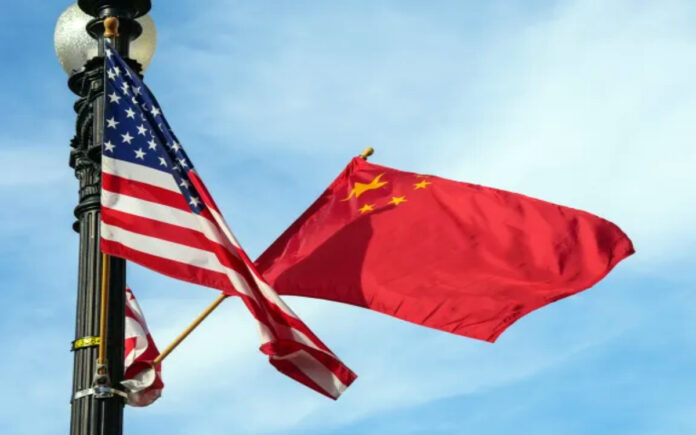New York: The U.S. Treasury Department detailed a proposed rule on Friday aimed at regulating and monitoring American investments in Chinese sectors such as artificial intelligence, computer chips, and quantum computing. This rule is a response to President Joe Biden’s executive order from August 2023, which addresses concerns about foreign access to U.S. funds that support advanced technologies capable of enhancing military, intelligence, surveillance, and cyber capabilities. China, Hong Kong, and Macau are specifically identified as countries of concern under this order.
The Biden administration’s objective is to curtail China’s development of technologies that could potentially provide it with a military advantage or dominance in sectors like electric vehicles. Alongside this proposed rule, President Biden has imposed significant tariffs on Chinese electric vehicles, underscoring the geopolitical rivalry and trade dynamics between the two nations, which is a focal point in U.S. domestic politics.
The proposed rule specifies the information U.S. citizens and permanent residents must disclose when involved in transactions related to these technologies, as well as the actions that would constitute violations of these restrictions. Notably, it prohibits American investors from financing AI systems in China intended for military applications such as weapons targeting, combat operations, and location tracking, according to a senior Treasury official who briefed reporters anonymously.
Also Read | Elon Musk’s X to Restrict Live Streaming to Premium Subscribers
J. Philip Ludvigson, a partner at King & Spalding and former Treasury official, commented that “companies and investors are now getting a much clearer picture of their obligations” under the new outbound investment program. He emphasized that these details are crucial as they outline the due diligence and compliance responsibilities that the private sector must uphold when making new investments.
Also Read | Hooch Tragedy: Death Toll Rises to 54 in India’s Tamil Nadu
Craig Allen, president of the U.S.-China Business Council, expressed support for the Biden administration’s efforts to safeguard U.S. national security while maintaining robust commercial relations with China for the benefit of American companies, workers, and the economy. The Treasury Department is inviting public comments on the proposed rule until August 4, 2024, after which a final rule is expected to be issued.
Also Read | Thai PM Srettha Defends International Travel Amid Criticism
Despite these regulatory measures, Biden administration officials, including Treasury Secretary Janet Yellen, have emphasized that they are not pursuing a policy of complete “decoupling” from China. However, tensions between the two nations have escalated, with incidents based on national security concerns occurring regularly. For instance, in May, President Biden issued an order blocking a Chinese-backed cryptocurrency mining firm from acquiring land near a Wyoming nuclear missile base, citing potential national security risks posed by its proximity.



